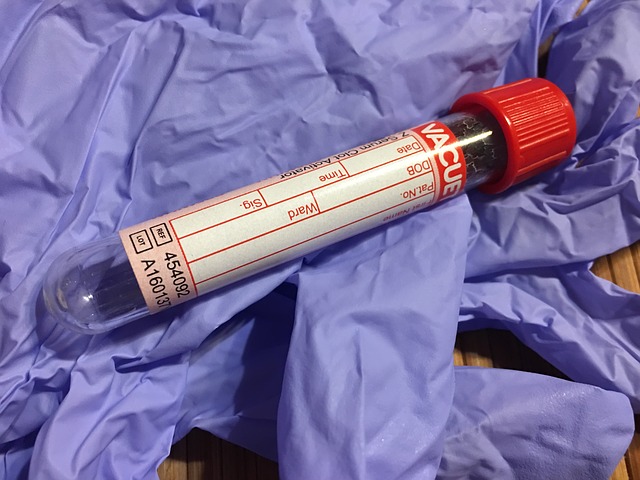A research team has developed a new type of blood test that may be much more sensitive than existing tests for monitoring early stages of breast cancer.
Diagnosing breast cancer usually begins when an individual finds a lump in her breast or screening mammography suggests a problem with the breast. Currently, the diagnostics methods for breast cancer are mainly based on X-ray and ultrasound imaging, core biopsy, and punch biopsy. The process of diagnosis may seem very long and frustrating.
In a new paper published in the Science Translational Medicine, a research team led by the Translational Genomics Research Institute and Mayo Clinic, the U.S., has developed a noninvasive means of detecting the presence of breast cancer by analyzing its DNA for targetable mutations. This targeted digital sequencing is capable of detecting small fragments of residual cancer DNA circulating in the patient’s blood plasma.
Unlike traditional biopsies, which only produce results from one place at one time, this new test uses a single tube of a blood sample for multiplexed analysis of patient-specific cancer mutations. Using the new test, the research team successfully analyzed up to 115 mutations per patient in 80 plasma samples from 33 women with stage I to III breast cancer.
This study suggests sensitive and accurate approaches for individualized management of patients treated with curative intent. The test needs further refining and must be validated in clinical tests as well as randomized trials.
Written by Man-tik Choy, Ph.D
Reference: McDonald B.R. et al. Personalized circulating tumor DNA analysis to detect residual disease after neoadjuvant therapy in breast cancer. Science Translational Medicine, 2019;11(504):eaax7392. DOI: 10.1126/scitranslmed.aax7392.
Image by kropekk_pl from Pixabay



